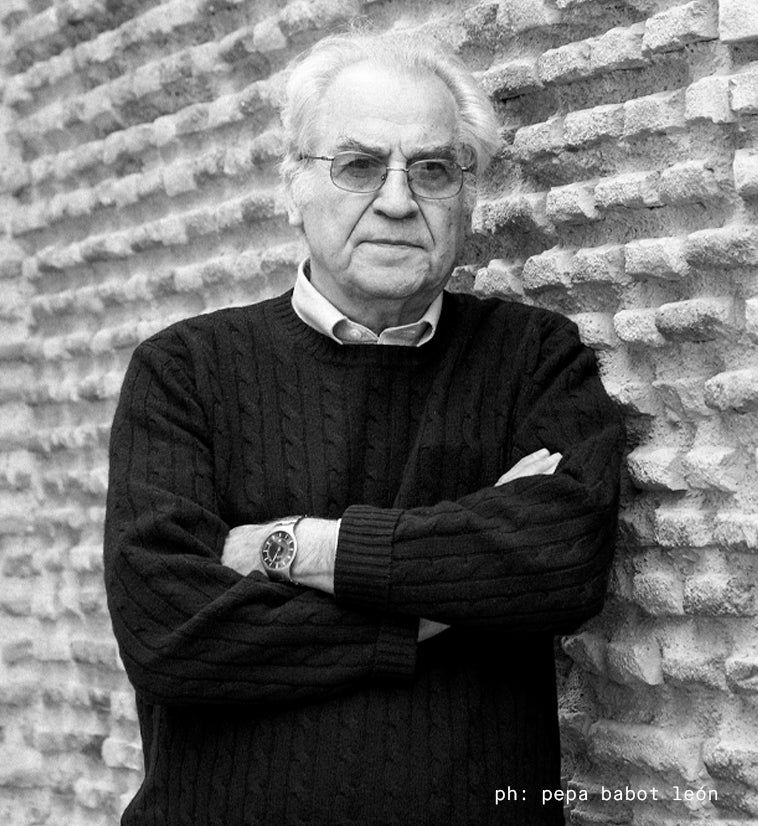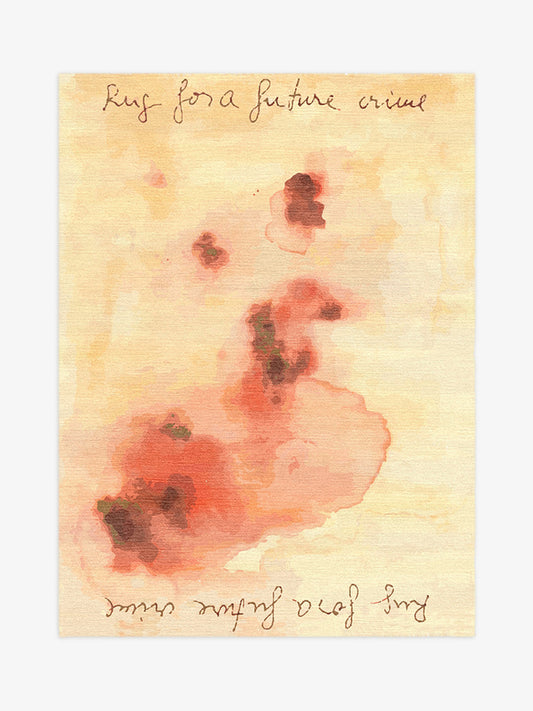camnitzer-page
-

-
Camnitzer, Luis (Lübeck, 1937)
“I believe in art as an instrument to improve society. (...) What's important about it is thinking artistically, not the manual labor of making art: How we acquire that kind of knowledge, the freedom of imagining without limits (...)”.
Born in Germany, Luis Camnitzer moved with his family to Uruguay when he was little over a year old. After studying at the Fine Arts Academies of Montevideo and Münich, he settled in New York in the early 1960s and became a renowned figure in its Conceptual art scene, working in printmaking, sculpture, and installations. In 1964, he co-founded “The New York Graphic Workshop”, along with artists Liliana Porter and José Guillermo Castillo. For six years, they examined the conceptual meaning behind printmaking, and sought to test and expand the definition of this technique. He was also part of “Integralia”, an artists´ object design studio, founded with fellow artists Luis Wells and Rubens Gerchman.
During the late 1960s and early 1970s, Camnitzer developed a body of work that explored language as a primary medium, printing text on paper or walls. In his room-size installation, Living Room (1968-1969), he recreates the titular space by placing printed words instead of objects: “window”, “rug”, “flower”.
Often appealing to an element of humor, he was able to combine his interest in language with subjects of social and political concern. First, as a means to denounce violence and repression in the growing wave of Latin American military regimes taking root in the 1960s and 1970s. Later, to question pedagogical norms and social roles in modern societies, as well as the concept of value within the art world. In these endeavors, his most frequent strategy is to challenge the viewer's perception by pairing images and text to create new meanings.
-
Camnitzer Luis, Rug for a Future Crime
Regular price From $4,000.00 USDRegular priceUnit price per


